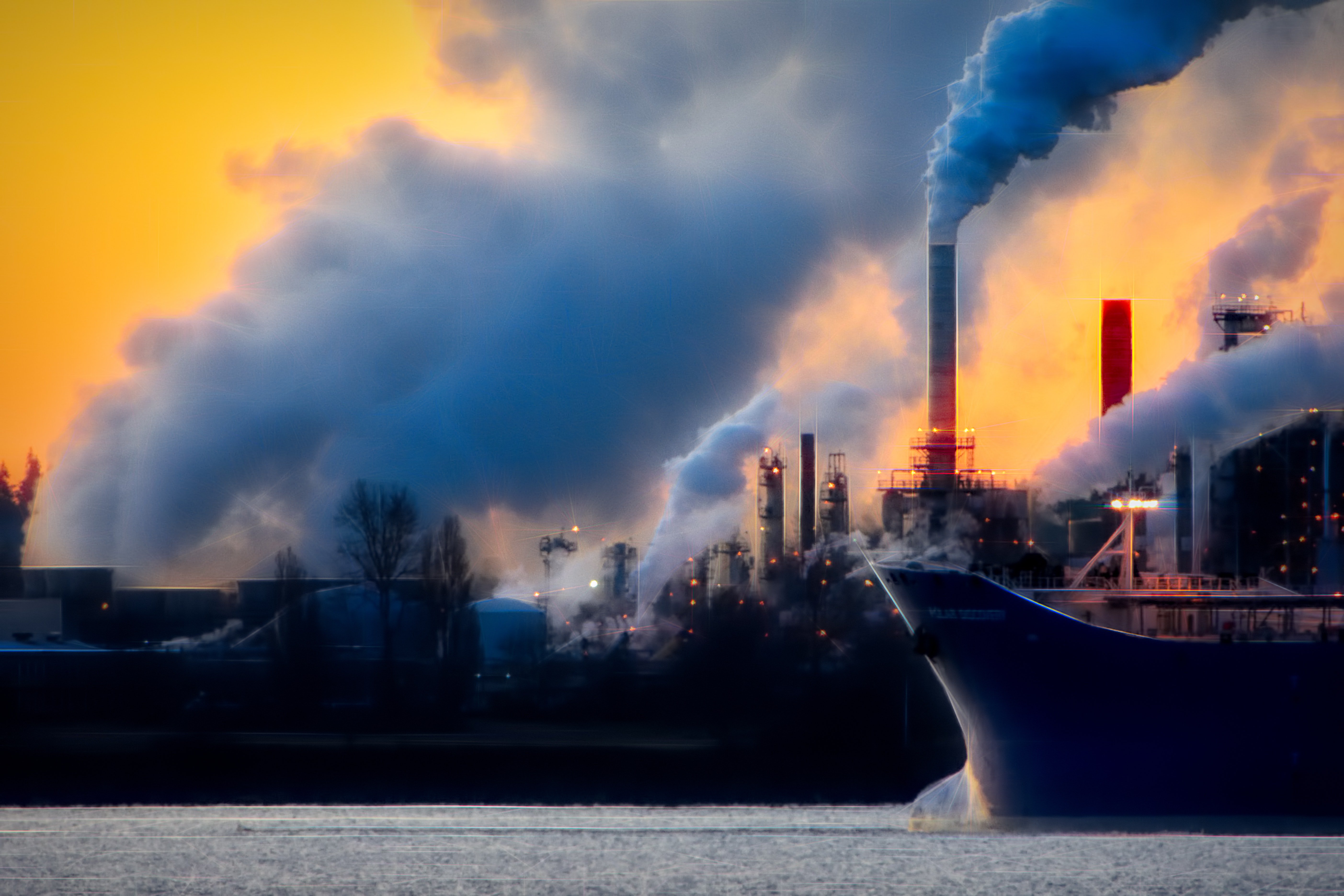A new study has revealed just how prolonged single-use plastics’ impact on the natural environment really is.
The study, conducted by packaging supplier Rajapack, highlighted how long it takes for various plastic products to degrade.
It identified objects such as microplastics, plastic straws and polystyrene cups as among the worst culprits, with microplastics leaving a footprint for millions of years.
‘The amount of single-use plastic ending up in our oceans has increased in the last decade with dramatic and shocking results,’ says Andrew Wood, Rajapack UK’s ecommerce marketing manager.
‘We need to take action and reduce the amount of plastic we consume on a daily basis if we want to preserve the world as we know it.’

Rajapack’s study highlighted that microbeads – previously used in products such as exfoliating scrubs – never biodegrade and would therefore still be present had they existed at the time of the Big Bang, 13.8 billion years ago.
This was contrasted with similar natural products such as sugar or salt which dissolve in a matter of seconds.
The study also compared the degradation time of paper and plastic straws, and polystyrene foam cups with biodegradable cups.
It found that plastic straws also take over 200 years to degrade compared to just three days for their paper alternatives.
Polystrene also never biodegrades, while more sustainable cups would vanish within three to six months.
Read more: Environment Journal



